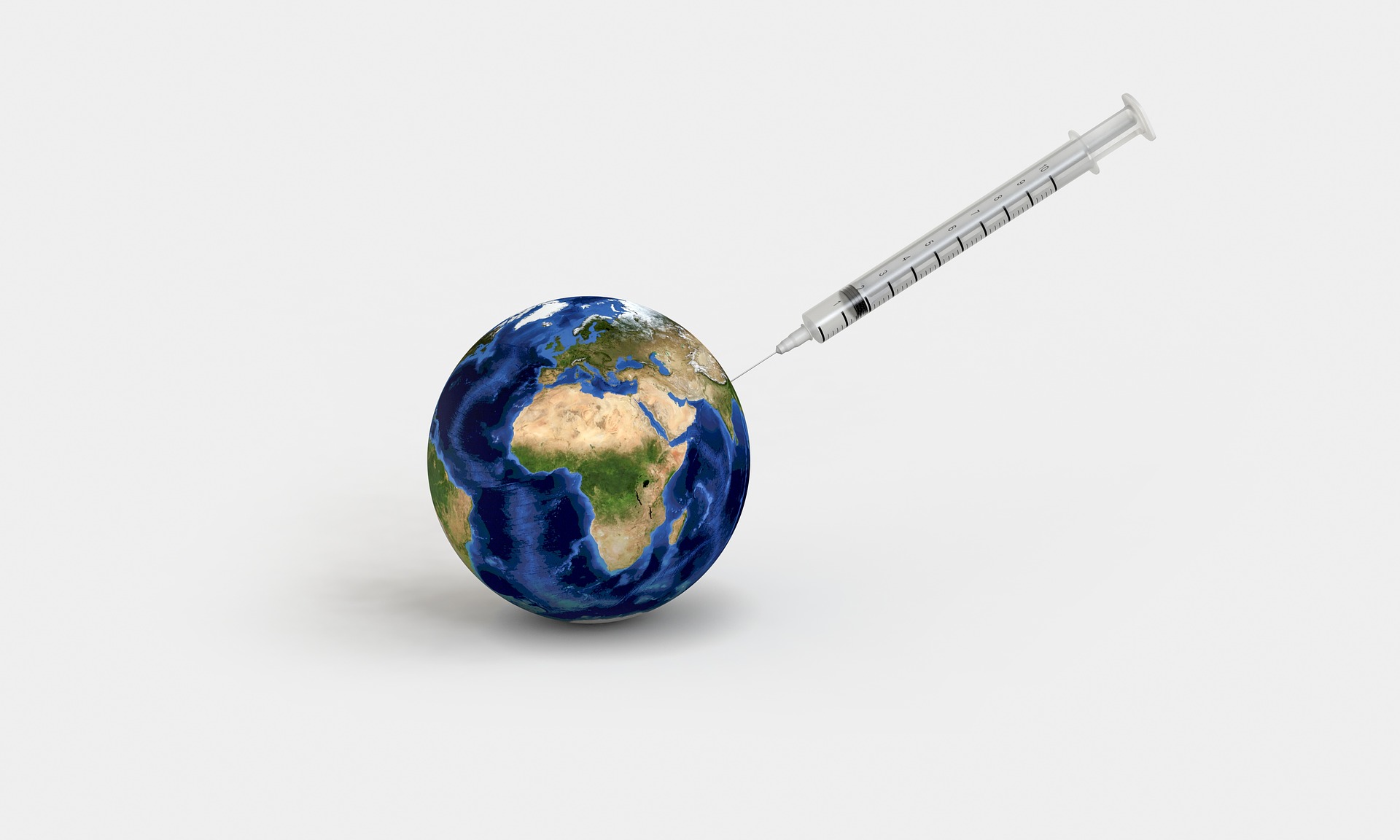Rabies is a fatal but preventable viral disease. It can spread to people and pets if they are bitten or scratched by a rabid animal. In many other countries dogs still carry rabies, and most deaths in people around the world are caused by dog bites. It infects the central nervous system.
If a person does not receive the appropriate medical care after a potential rabies exposure, the virus can cause disease in the brain, ultimately resulting in death. It can be prevented by vaccinating pets, staying away from wildlife, and seeking medical care after potential exposures before symptoms start.

The first symptoms of virus may be similar to the flu, including weakness or discomfort, fever, or headache. There also may be discomfort, prickling, or an itching sensation at the site of the bite. The acute period of disease typically ends after 2 to 10 days. Once clinical signs of rabies appear, the disease is nearly always fatal, and treatment is typically supportive. Less than 20 cases of human survival from clinical rabies have been documented. Only a few survivors had no history of pre- or postexposure prophylaxis. Infection causes tens of thousands of deaths every year, mainly in Asia and Africa. 40% of people bitten by suspect rabid animals are children under 15 years of age. Immediate, thorough wound washing with soap and water after contact with a suspect rabid animal is crucial and can save lives.
It is found on all continents except Antarctica. When traveling, it is always prudent to avoid approaching any wild or domestic animal. If traveling to a country where there is an increased incidence in rabies, especially in canine populations, rabies pre-exposure vaccination may be recommended. Rabies vaccination should also be considered if you will be spending lots of time outdoors in rural areas or plan to handle animals. Ask for more information to member of our team on vaccination program.

